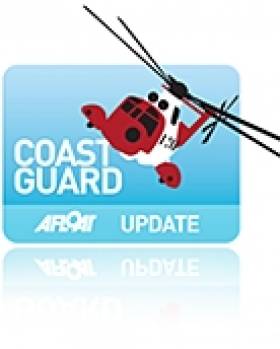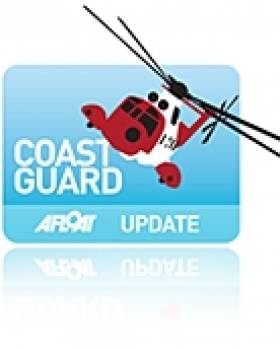Displaying items by tag: Prime Minister David Cameron
UK Coastguard Reforms Branded 'Shambles'
Britain's shadow transport secretary has branded a "shambles" plans to reform the UK coastguard service that could see the closure of Northern Ireland's only dedicated search and rescue base.
The Belfast Telegraph reports that Labour's Maria Eagle questioned Secretary of State Philip Hammond on the issue in the Commons on Thursday.
"Why does he not just abandon the ill-thought-through proposals, which will leave our coastline a more dangerous place?' she asked.
Hammond, however, dismissed Eagle's challenge as "opportunism", noting that proposals to reform services of the Maritime and Coastguard Agency (MCA) were first made by the previous Labour government.
As previously reported on Afloat.ie, British Prime Minister David Cameron has already promised a rethink on the plans to streamline the UK's network of coastguard stations.
The public consultation on the proposed cuts ended on Thursday.
'Grave Consequences' If UK Coastguard Stations Close Says Union
Union leaders and seafarers have spoken out over the proposed closure of coastguard stations across the UK as a parliamentary committee begins its inquiry into the cutbacks.
Northern Ireland's only full-time search and rescue centre at Bangor is one of 11 stations under threat of closure under plans spearheaded by Shipping Minister Mike Penning to streamline Britain's coastguard network down to just seven bases.
According to the Belfast Telegraph, officials from mariners' union Nautilus International told MPs at the Commons Transport Select Committee that there should be an "absolute minimum" of 11 stations across the UK, lest there be "grave consequences for safety in UK waters".
British Prime Minister David Cameron has promised to rethink the proposed reforms if they pose any threat to safety at sea. The Labour Party has already branded them as "ill-thought-out madness".
The public consultation on the proposed changes is set to close on 5 May.






























































